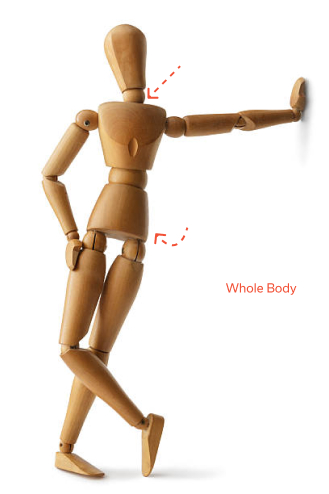Articles by body part: Shoulder
Bankart lesion physiotherapy
A Bankart lesion typically happens when the shoulder dislocates anteriorly (forwards), and this damages the lower part of the cartilage that lines the shoulder socket.
Upper arm pain physiotherapy
Upper arm pain refers to pain that is felt anywhere from just below the shoulder joint to just above the elbow (the entire upper arm area).
Collar bone pain physiotherapy
Collar bone (medically termed as "clavicle") pain is a common problem and can be caused and aggravated by a number of different problems.
Shoulder dislocation and subluxation physiotherapy
Shoulder dislocation and subluxation injuries refers to injuries where the humeral bone (the single long bone of your arm) dislocates or subluxes out of its socket.
Brachial neuritis physiotherapy
Brachial neuritis refers to a rare condition where there is inflammation of the group of nerves that control our shoulder, arm and hand, collectively known as the brachial plexus.

 Whatsapp us now
Whatsapp us now